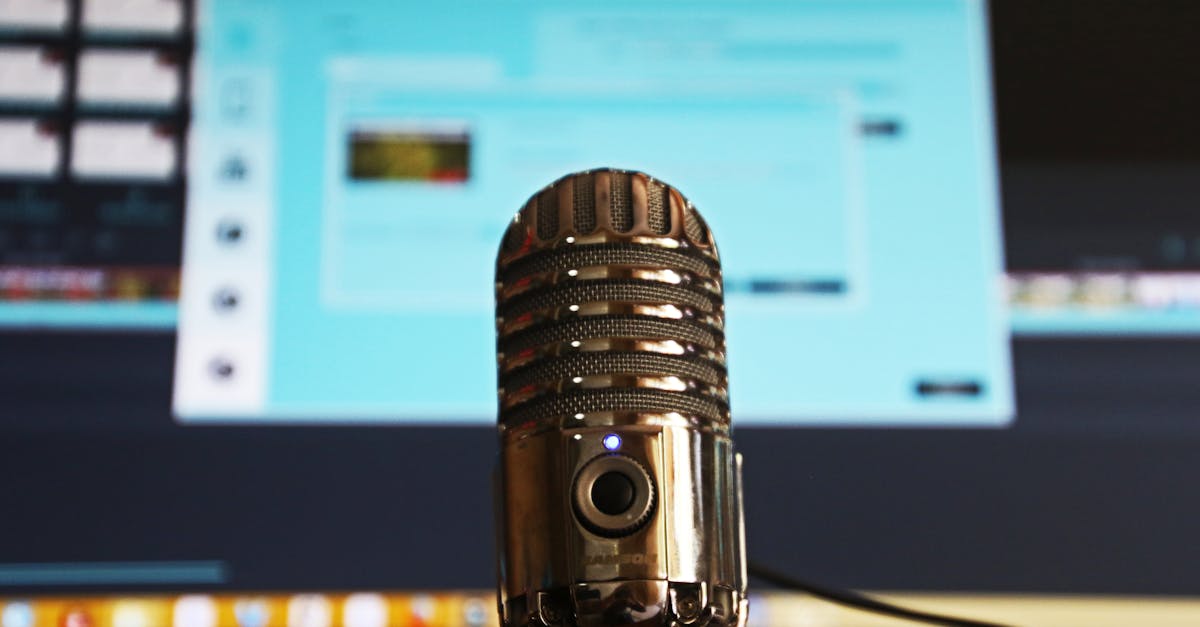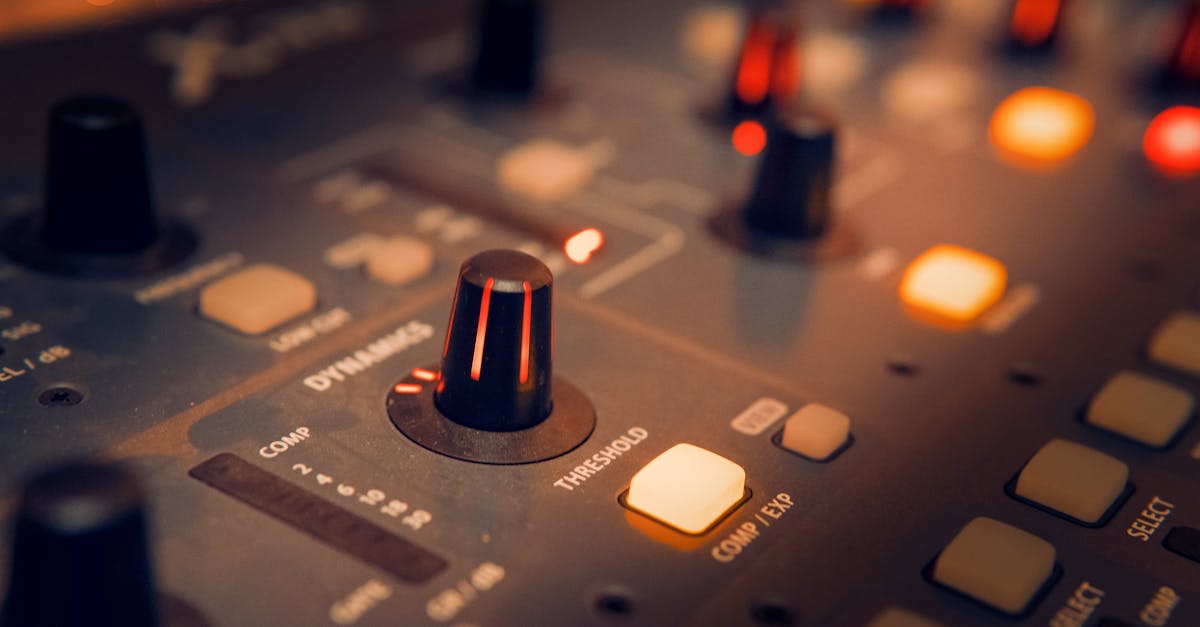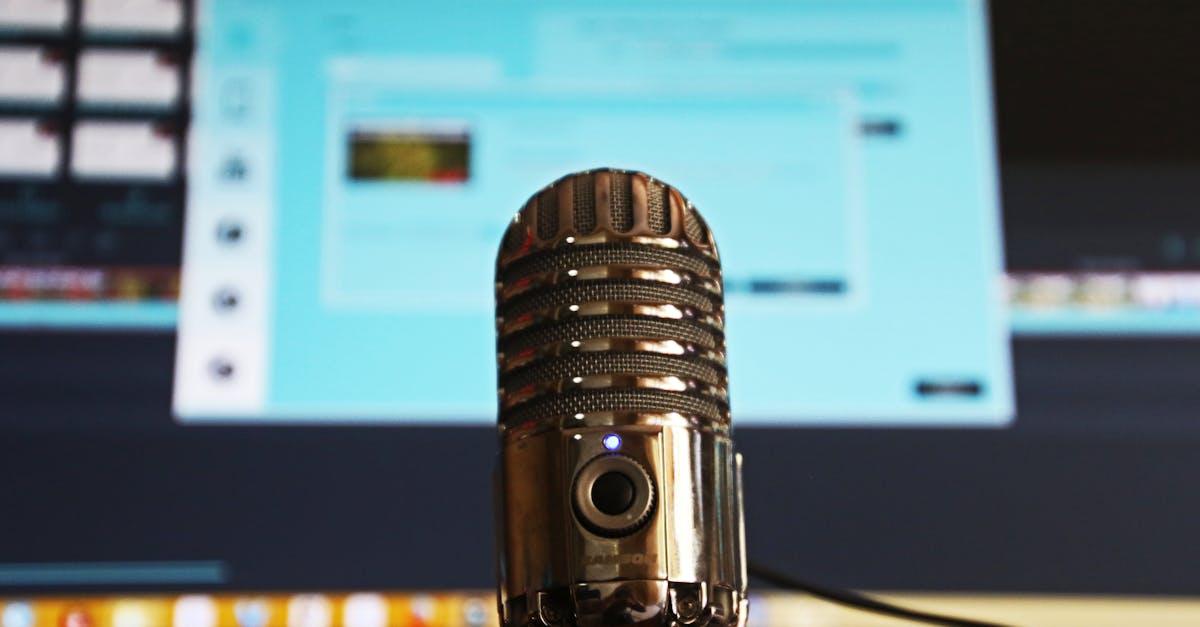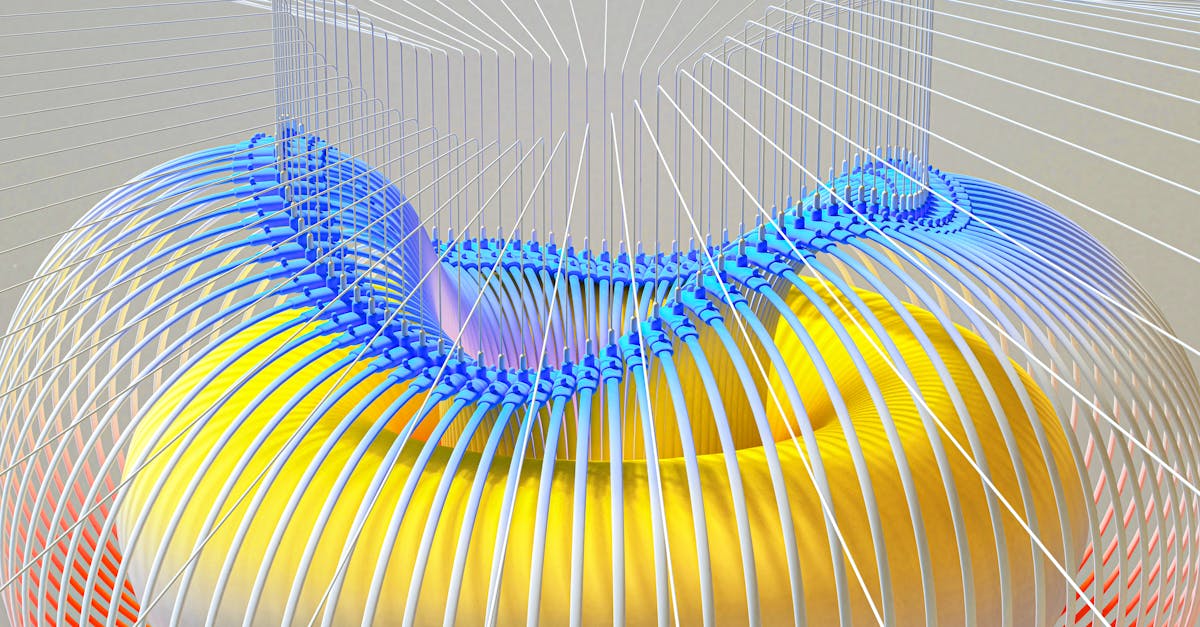
Introduction
The fusion of art and technology has always spurred innovation and the arena of music is witnessing an incredible transformation due to Artificial Intelligence (AI). AI in music is reshaping how artists create, produce, and distribute their work. From composing songs to enhancing production, AI-driven technology is ushering in a new era for the music industry.
Ai-generated Music
AI has made it possible for machines to generate music that was once only thought to be within human capabilities. Through algorithms and deep learning, AI systems can now compose original melodies, harmonies, and rhythms. Companies like AIVA and OpenAI have pioneered AI-driven compositions, offering fresh perspectives and tools for both enthusiasts and professionals in digital music creation.
Revolutionizing Music Production
Music production is more sophisticated than ever before, thanks to AI technology. Tools driven by machine learning analytics can automatically mix, master, and modify tracks based on preferences set by musicians or producers. Platforms such as LANDR use AI to refine and master tracks, ensuring quality without the need for costly studio time.
The Role of Ai Artists
Artificial intelligence is giving rise to a new breed of musicians known as AI artists. These digital entities collaborate with human composers and artists, providing innovative insights and expanding the horizons of musical possibilities. AI artists leverage vast datasets to create music that can both mimic and innovate beyond traditional human compositions.
Ai Trends In The Music Industry
The music industry is embracing AI to uncover practices that improve marketing, audience engagement, and personalization. Spotify, for instance, employs AI algorithms to tailor music recommendations, enhancing user experiences and tunes to personal preferences. These trends signify the seamless integration of AI into everyday musical experiences.
Enabling Music Innovation
AI-driven technology is fostering music innovation by stimulating creativity and facilitating resources. By automating repetitive tasks, creators can focus on aspects that require human creativity. AI is enabling sound engineers and artists to explore new sounds and styles, pushing the boundaries of conventional music and opening doors to avant-garde experimentation.
Challenges and Ethical Considerations
As AI becomes increasingly integrated into the music industry, it faces ethical questions surrounding creativity and authorship. Who owns a song created by AI? How does copyright law apply? These questions are prompting discussions within the industry to establish ethical guidelines and redefine conventional understandings of music ownership.
Future of AI in Music
Looking ahead, AI is set to play a pivotal role in shaping the future of music. As algorithms evolve, they will further adapt and react to human creativity, offering new tools that extend artistic capabilities. The possibilities of AI in music are boundless, promising innovations that both excite and inspire artists across the globe.
Impact on Traditional Musicians
The rise of AI in music is transforming how traditional musicians approach their art. While some fear AI as a threat, many are embracing it as a collaborative tool that complements human skill. AI is helping musicians hone their craft, expand their repertoires, and reach broader audiences, emphasizing its role as an ally rather than a competitor.
Conclusion
In conclusion, the rise of AI in music signifies a remarkable transformation of how we create, produce, and consume music. As the music industry embraces this technological shift, AI offers exciting opportunities to enhance creativity and redefine artistic endeavors. The fusion of human creativity with machine intelligence heralds the dawn of a new musical epoch, promising an enriched future for music lovers worldwide.